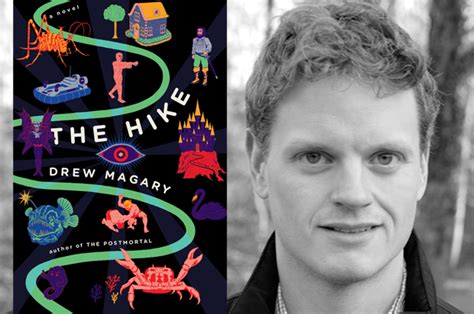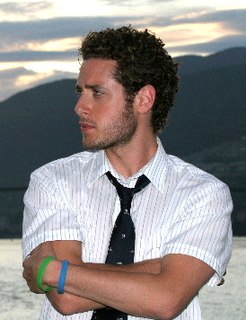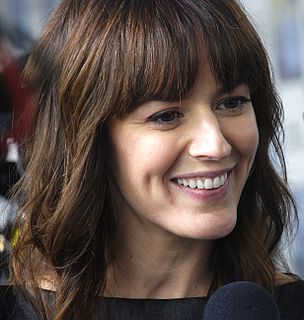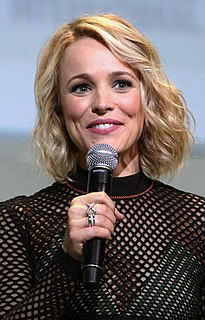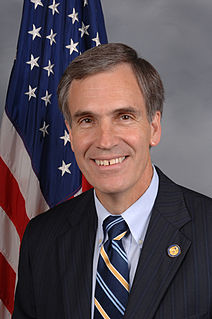A Quote by Claire Fox
There has been far too much of journalists deciding they are on the side of something and going out to get the story, instead of truth seeking which is a different thing.
Related Quotes
I would say plotting is the most difficult thing for me. Characterization is only hard because sometimes I feel I get so interested in it that I want to talk too much about the characters and that slows the story down. So I say, "Hey, people want to find out what's going to happen next, they don't want to listen to you spout off about this or that person." But I think even the bad guy deserves to tell his side of the story.
I posted some story about the Arizona State baseball coach getting into a fight with an autograph hound, and it was a disastrous thing. The guy rescinded his story. It proved to me that I'm not cut out to be a proper journalist. I'm much better sitting around and making fun of journalists and telling them what terrible journalists they are than being an actual journalist.
In high school, my first thing ever was I played Tony in West Side Story when I was about 17. I was a really shy kid and I just like forced myself to learn how to sing this one month because I loved West Side Story so much and I somehow managed to get the role. I had an afro and glasses, and the guy who cast me goes, "All right, the first thing to go is the afro and the next thing, I'm going to buy you contacts and we're going to get you..." So he kind of molded me into what it had to - that's still probably the hardest role I've every played in anything, the most taxing role.
It's the form it takes when it comes out the other side, of course, that gives a story something unique--its life. The story, in the way it has arrived at what it is on the page, has been something learned, by dint of the story's challenge and the work that rises to meet it--a process as uncharted for the writer as if it had never been attempted before.
When you put relative and absolute truth together and they become one unit, it becomes possible to make things workable. You are not too much on the side of absolute truth, or you would become too theoretical. You are not too much on the side of relative truth, or you would become too precise. When you put them together, you realize that there is no problem.
I met journalists that were on both sides of things. People who are young, enthusiastic and hard working journalists working on the online side and people who had been there forever. There was one journalist who had running shoes under her desk in case she had to kick of her heels and go out and cover a breaking news story.
There's no solutions to prevent corruption because it's the same thing as putting soldiers in an occupation in a foreign territory - there's too much that's gonna go wrong. There's too much human behavior that's going to get in the way. So you're gonna have to start thinking about it in a different direction, and the different direction is: what is wrong with society?
When I first signed up for a Twitter account - I was to say it was in 2007, people are going to think it's some weird self promotional thing or it's going, but in time I was called upon to like try to persuade other foreign correspondents and journalists to get on Twitter and see the usefulness of it which is kind of ironic. I think the journalists who are leading the digital charge at the Times have, all have that background as a foreign correspondent, which I think is not accidental.



